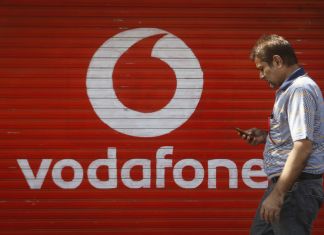Krtin Nithiyanandam, a 16-year-old Indian boy from the UK has found a way that can turn the triple-negative breast cancer into a kind which can respond to drugs. The boy who moved to the UK with his parents has found a treatment for the most deadly form of breast cancer.
What makes triple breast cancer different from others?
It is a known fact that every year more than 7,500 are diagnosed with triple-negative breast cancer. Unlike other breast cancers which are driven by estrogen, progesterone or growth chemicals, it has drugs like Tamoxifen which can block those fuels and make effective treatments.
However, in the case of triple breast cancer, the disease only reacts when it’s treated with a combination of surgery, radiation and chemotherapy lowering the patient’s chance of survival. Talking to a leading newspaper Krtin was quoted saying that after working for a while he had finally managed to find a solution that could give women around the world some hope while fighting this disease.
Some women with this disease respond well to the treatment while others quickly decline due to undifferentiated cancer cells. The cells get stuck in a dangerous, primitive form as it never turns to recognizable breast tissue and spreads quickly to form high-grade tumors.
How can it be treated?
The 16-year-old genius has found a way to silence the genes that produce ID4 into less dangerous state and turn undifferentiated cancer to a state where it can be treated. In this process, the ID4 protein is blocked so to allow cancer to differentiate.
He further found out that by upping the activity of a tumor suppressor gene called PTEN, the chemotherapy starts working more efficiently. So the dual method proves to be more efficient for women who get diagnosed with this disease.
Krtin got shortlisted for the UK based young scientist’s program titled The Big Bang Fair for his therapy ideas. The young genius was also in the headline last year when he won the Google Science Fair for creating a test to detect early signs of Alzheimer’s disease and to help fight it.







